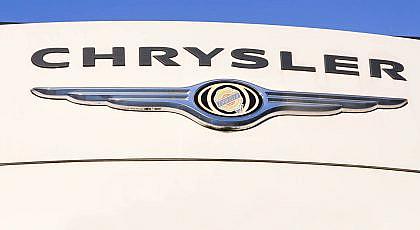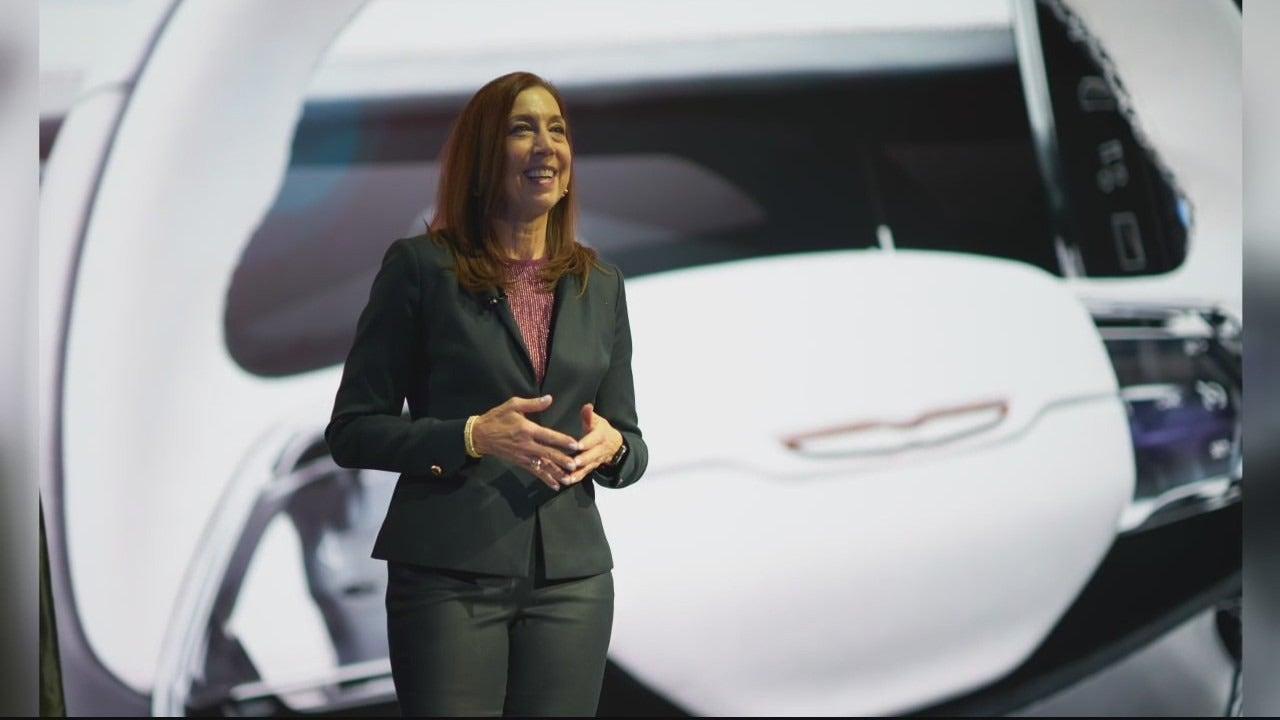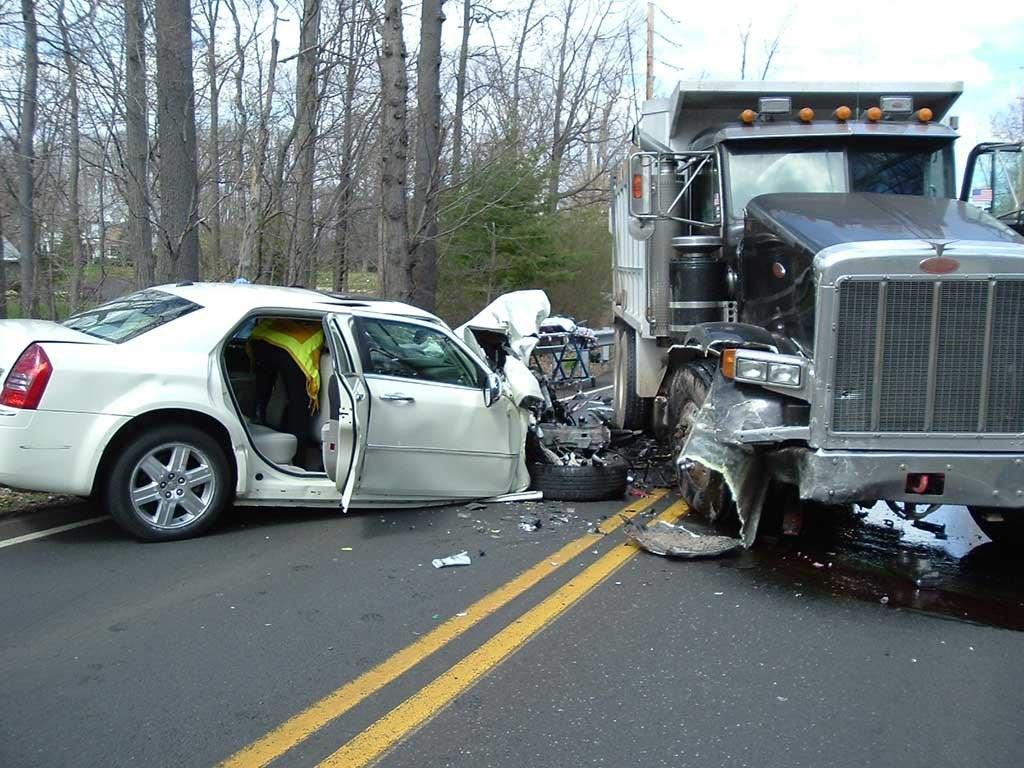Stellantis-owned Chrysler is recalling more than 211,000 SUVs and pickup trucks in the U.S., due to a software malfunction. It could disable the cars’ electronic stability control systems.
This critical safety feature helps prevent loss of control and reduces the risk of rollovers, making its failure a potentially life-threatening issue. The company identified the issue. Chrysler initiated the recall process.
The Culprit: Anti-Lock Brake System

The malfunction could result in the Anti-Lock Brake System (ABS) control module. It disables the electronic stability control system, according to the National Highway Traffic Safety Administration (NHTSA).
“Driving with a disabled electronic stability control system can increase the risk of a crash,” the regulator warned. But how did this seemingly unrelated system end up compromising such a vital safety feature?
Affected Models and Years

Chrysler is recalling over 211,000 vehicles in the United States due to this software issue. The recall specifically impacts certain 2022 Dodge Durango, Ram 2500, and Ram 3500 vehicles made by Stellantis-owned Chrysler, the NHTSA said.
These popular models, known for their ruggedness and capability, now face scrutiny over a potentially dangerous flaw that could put drivers and passengers at risk. The company produced these vehicles. Faulty code slipped through testing.
Detailed Breakdown of the Issue

The recall covers certain model year 2022 Dodge Durango, Ram 2500, and Ram 3500 vehicles. According to documents published by the NHTSA, these cars may experience a malfunction in their anti-lock braking control module.
The specific nature of the software glitch remains unclear, but its consequences are severe. Chrysler must investigate further. The company faces scrutiny. Regulators demand transparency.
The Remedy: Software Update

As a remedy, dealers will update the anti-lock braking control module software for free. Notification letters to dealers and owners are set to be mailed out July 26, the NHTSA notes.
But will this solution be implemented swiftly enough to prevent potential accidents? It’s unclear if the update will be available for all impacted owners before then, leaving many in a precarious situation.
Stellantis’ Advisory and Response

In a statement, a Stellantis spokesperson noted a “routine review of customer feedback” led to a company investigation that discovered the software problem impacting certain vehicles. To date, Chrysler is unaware of any related injuries or accidents — but “urges customers to follow the instructions on their recall notices,” the spokesperson added.
The automaker’s swift action is commendable, but will it be enough to restore consumer confidence? Stellantis responded promptly.
Scope of the Recall

Auburn Hills, Michigan-based Chrysler expects a total of 211,581 vehicles — produced in select periods ranging between April 2021 and December 2022 — have this defect in the U.S. That includes 524 Ram 3500s, 157,890 Ram 2500s, and 53,167 Dodge Durangos, per the NHTSA report.
The sheer number of affected vehicles raises questions about the thoroughness of Chrysler’s quality control processes and software testing procedures. The company quantified the impact. Chrysler broke down specifics.
Exceptions and Exclusions

Some “similar vehicles” not included in this recall were produced before or after the suspected periods impacted and/or have different anti-lock braking control module software, the report notes. But how can consumers be certain their vehicles are truly safe?
Drivers can confirm if their specific vehicle is included in this recall and find more information using the NHTSA site and/or Chrysler’s recall lookup. The company exempted certain models.
Lessons Learned?

Will this massive recall serve as a wake-up call for Chrysler and the broader automotive industry? The incident highlights the risks associated with increasingly complex software systems in modern vehicles and the need for robust quality assurance measures.
Automakers must prioritize safety above all else, lest they risk losing consumer trust and facing legal consequences. The industry faces tough questions.
The Cost of Complacency

While Chrysler has not disclosed the financial impact of this recall, such large-scale remediation efforts can be incredibly costly for automakers. From lost sales and damaged reputation to potential legal liabilities, the consequences of software glitches can be far-reaching.
The true cost of this recall may extend well beyond the immediate fixes, serving as a cautionary tale for the industry. Recalls drain resources heavily. Chrysler’s image suffers damage.

